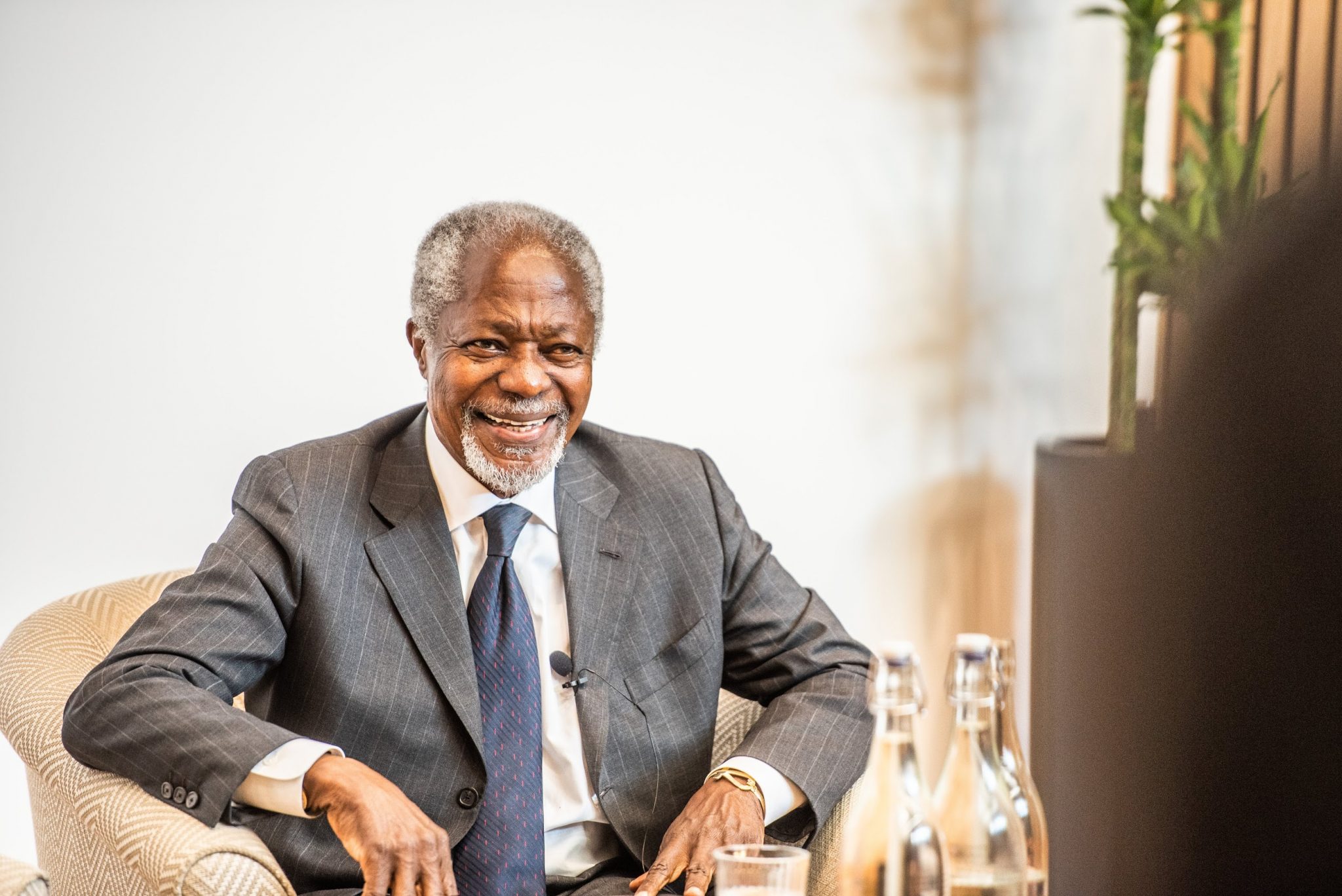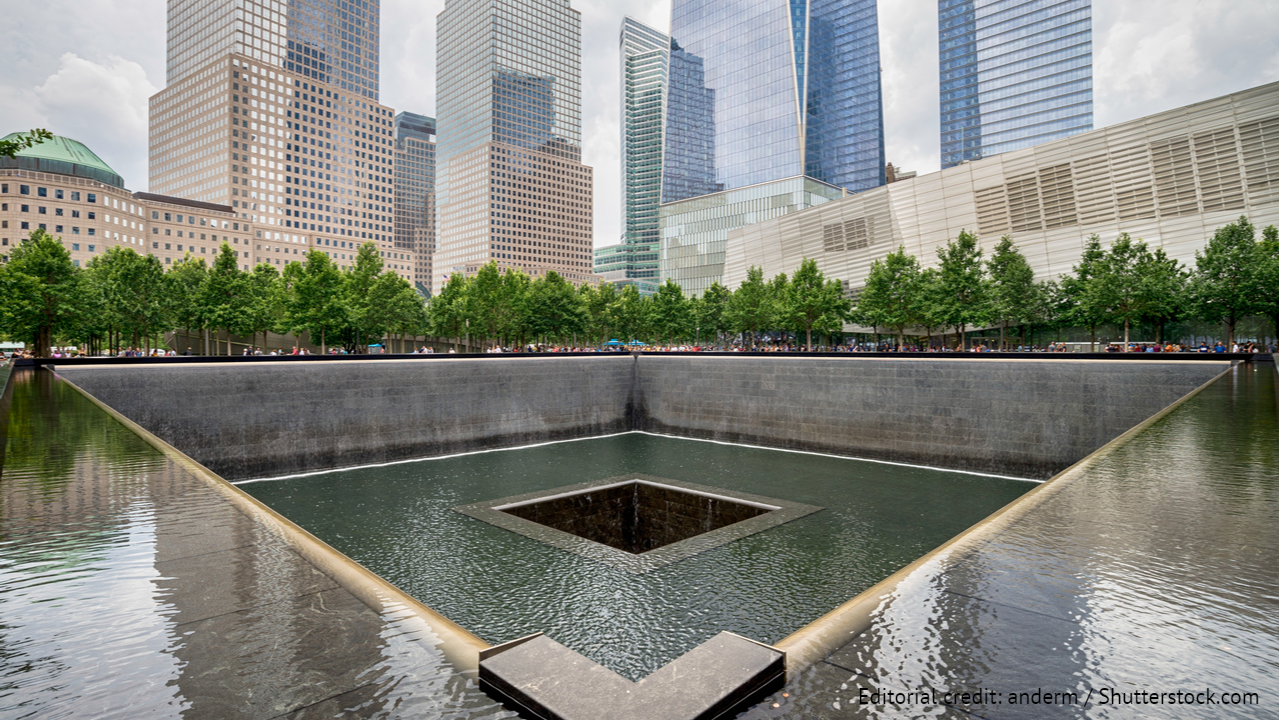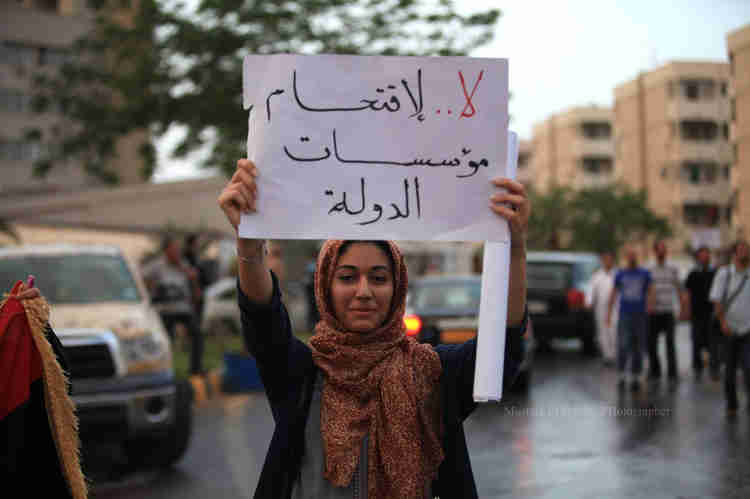Sport must inspire unity after the whistle blows
Sport is far more than just a game. One only has to savour the global excitement in the run-up to this year’s football World Cup to get a feel for its power and transformative potential. With less than 50 days to go before the first match kicks off, billions of football fans are looking forward immensely to the tournament. So am I – and not just because Ghana, my own country, has such a strong side.
I am also looking forward to it, because this competition may do more to bring our planet together than any treaty or convention could ever hope for. At a time when war, violence and ethnic and religious tensions continue to obscure our common humanity, the World Cup has the real potential to break down barriers and challenge stereotypes.
We have seen time and again how sport helps overcome the most deep-rooted conflicts and tensions. Just think of how the success of the Iraqi national football side in winning the Asia Cup in 2007 sparked scenes of jubilation in every community of that otherwise torn country. The team which included Sunnis, Shias and Kurds showed their fellow citizens – and the world as a whole – what could be achieved by working with each other.
Or take the 400 metre gold medal race won by the aboriginal athlete Cathy Freeman at the Sydney Olympics. Her victory did more to bring Australia together and enable it to face the past than any number of government task forces or reports. And, of course, the far-reaching impact of South Africa’s triumph in the 1995 Rugby Union World Cup was recently portrayed in the film Invictus. Nelson Mandela understood that, just as the sports boycott had helped undermine apartheid, sport could also help heal its deep scars.
I am convinced that this summer’s World Cup has similar potential to rebuild fractured relationships, both within and outside Africa. I am equally convinced that it will do much to puncture the prejudices that for many unfortunately continue to define the image of the continent. The Cup is a tremendous opportunity for Africa to show how, out of the headlines, it has changed for the better. There are, of course, countries where problems, conflicts and abuses have worsened. But these are the minority. There are many more where democracy and human rights have taken root, governance has improved, civil society has blossomed and opportunities are being extended to ever larger segments of the population.
Four years ago, the World Cup altered many people’s perceptions of Germany. This time, people will be surprised by Africa’s remarkable progress and good spirits – and hopefully, its football teams.
These are only two of the many positive effects the World Cup will have, but they help to highlight the point that the benefits of sport go far beyond its physical and mental impact for the individual; that it is vital, too, for the health and strength of our societies and global community; that it is not a by-product of development, but one of its engines and an important agent of social change. We must use it more widely and effectively. This is the message I will deliver at this week’s meeting of sport officials and athletes in Dubai.
But sport’s unquestionably transformative power also begs a deeper question. If an event like the World Cup can bring so many of us together, why do we drift apart as soon as it is over? Why do we all speak the same language while our teams are playing – whether we live in Manila, Manchester or Montevideo – but cannot understand each other once the game is over? Why do the principles of humanity so beautifully enshrined in the Olympic Charter merely seem to apply to the way we play, run and swim against each other and not the way we do business or politics?
Sport’s potential to bring us together is unmatched, but in the end, it is up to us to stay together. I sincerely hope that all of us will carry the spirit of the World Cup, that being part of a family of nations and peoples celebrating a common humanity, into our daily lives and works.



